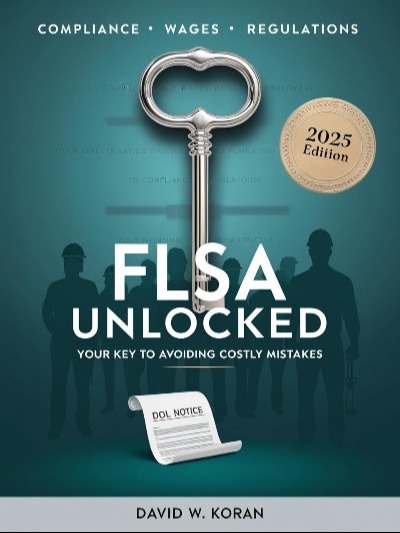Landmark FLSA Ruling: Supreme Court Sets "Preponderance" Standard for Exemption Proof in EMD Sales Inc. v. Carrera
On January 15, 2025, the U.S. Supreme Court delivered a decisive and unanimous opinion in EMD Sales Inc. v. Carrera, resolving a long-standing circuit split regarding the evidentiary standard employers must meet to establish that an employee is exempt from the overtime and minimum wage provisions of the Fair Labor Standards Act (FLSA). The Court's ruling clarifies that employers need only demonstrate the applicability of an FLSA exemption by a "preponderance of the evidence," effectively rejecting the more stringent "clear and convincing evidence" standard previously imposed by the U.S. Court of Appeals for the Fourth Circuit.
The Case's Genesis: A Dispute Over Sales Rep Exemptions
The case originated from a lawsuit brought by three sales representatives against EMD Sales Inc., a food distribution company. The employees alleged that EMD had incorrectly classified them as exempt from overtime under the FLSA's "outside sales" exemption, thereby violating their rights to overtime pay. EMD countered that the sales representatives were indeed properly classified under this exemption.
At the trial level, the district court ruled against EMD, concluding that the company had failed to prove, by "clear and convincing evidence," that the employees met the criteria for the outside sales exemption. This heightened evidentiary standard, requiring a higher degree of certainty, placed a significant burden on EMD.
The Circuit Split and the Fourth Circuit's Stance
EMD appealed the district court's decision to the Fourth Circuit, arguing that the lower court should have applied the "preponderance of the evidence" standard, which requires demonstrating that a fact is more likely than not to be true. EMD pointed out that the Fourth Circuit was the sole federal circuit to adopt the "clear and convincing evidence" standard, creating a clear divergence from the prevailing approach in other jurisdictions.
However, a three-judge panel of the Fourth Circuit upheld the district court's ruling, maintaining the circuit's precedent of requiring "clear and convincing evidence" in FLSA exemption cases. This decision set the stage for Supreme Court intervention, as EMD petitioned for review, which the Court granted, hearing oral arguments in June 2024.
The Supreme Court's Unanimous Decision: A Return to the Default Standard
In a unanimous opinion authored by Justice Brett Kavanaugh, the Supreme Court overturned the Fourth Circuit's ruling, establishing a uniform national standard. The Court held that "the default preponderance standard governs when an employer seeks to prove that an employee is exempt under the Fair Labor Standards Act."
The Court's reasoning centered on the principle that "courts usually apply the default preponderance standard" when a statute is silent on the standard of proof, as is the case with the FLSA. The Court identified three narrow circumstances where a heightened evidentiary standard might be warranted:
- Where a statute explicitly specifies a higher standard.
- Where the Constitution mandates a higher standard.
- In "uncommon" cases involving coercive government actions, such as the revocation of citizenship.
The Court emphasized that none of these circumstances applied to the FLSA, and that "the Court has not otherwise used a heightened standard in civil matters." Consequently, the "preponderance of the evidence" standard was deemed the appropriate one for FLSA exemption cases.
Rejecting Policy Arguments: Consistency with Other Employment Laws
The Court explicitly rejected the employees' "policy-laden arguments" for a heightened standard, emphasizing the importance of consistency with other employment laws. The Court drew parallels between FLSA cases and Title VII employment discrimination cases, where the "preponderance of the evidence" standard also applies. This highlighted the Court's commitment to maintaining a uniform approach to evidentiary standards in employment law.
Implications for Employers: Clarity and Consistency
The Supreme Court's decision in EMD Sales Inc. v. Carrera provides much-needed clarity and consistency for employers nationwide. It eliminates the burden of navigating varying evidentiary standards across different jurisdictions, particularly for employers operating in multiple states.
However, it is crucial to emphasize that this ruling does not diminish the importance of accurate employee classification. Employers must continue to diligently assess whether employees meet the salary basis and duties requirements for FLSA exemptions, both at the federal and state levels. State laws may impose stricter requirements, including higher salary thresholds or different duties tests.
In summary, the Supreme Court's decision provides a significant degree of certainty for employers in FLSA exemption cases, while reinforcing the need for ongoing vigilance in employee classification practices.

